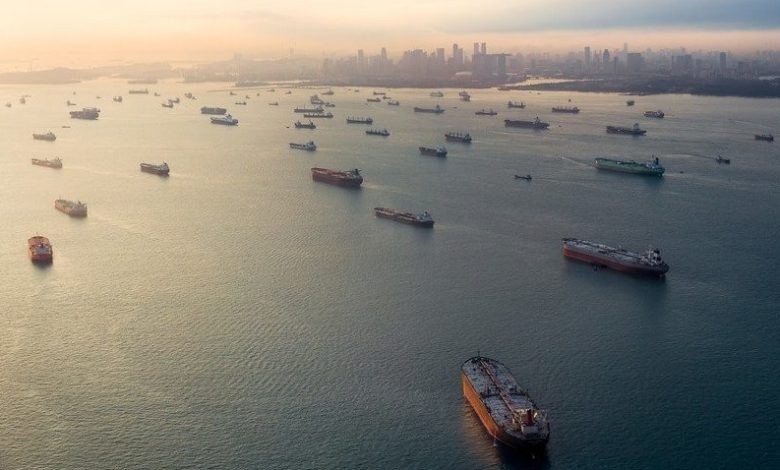The Lion Republic eyes a slice of London’s arbitration business

Max Lim, a partner at Rajah & Tann, on what Singapore can do to up its game when it comes to maritime arbitrations.
Singapore posted 229 new maritime arbitrations in 2019. This marks a steady increase from the 215 new cases in 2018. And the 140 in 2017.
These are some very respectable figures by all accounts. But when compared against London with 1,737 new maritime arbitrations in 2019 as recently reported, the gap is stark, sobering almost.
The question then really is what more can Singapore do to boost its numbers? Is Singapore not already one of the dispute resolution options in the industry standard BIMCO contracts?
There are my humble suggestions on what more could be done.
Starting from within – a comprehensive buy-in is needed
We should start by doubling-up efforts to encourage Singapore companies to specify Singapore arbitration in their contracts – and especially in their standard T&Cs. This could be something the Singapore Shipping Association could collaborate on with its 460 plus members.
However, efforts should extend not just to companies, but everyone else in our maritime ecosystem. This includes brokers, traders, consultants, legal advisors etc, all of whom have a part to play in pushing for Singapore arbitration to be spelt out in maritime contracts.
Asia is an obvious target of promotional efforts. Asian shipowners, for instance, account for more than 50% of the world’s merchant fleet.
However, the growing importance of Africa in maritime, offshore, O&G and commodities cannot be ignored. More energies can and should be directed at this and other emerging regions.
While there is no lack of top-of-the-class arbitrators in Singapore, we need more full-time independent maritime arbitrators. Full-time in the sense of not also being legal practitioners who represent clients.
Some planning for the future is also in order by now grooming our next generation of maritime arbitrators.
The Singapore Chamber of Maritime Arbitration (SCMA) Rules need refreshing.
The current edition of the SCMA Rules was introduced in 2015. Recognising the ever evolving nature of international commercial arbitration, SCMA has opened up a public consultation for proposed amendments.
Among the must-haves in my view would be to now introduce:
- Provisions for the consolidation of multiple arbitrations (series contracts and back-to-back/chain contracts being commonplace in shipping and commodities)
- Emergency situation mechanisms (to deal with urgent disputes and issues, a by-product of the fast-paced nature of the industry)
- Summary “documents-only” determination of claims (the quick resolution of charter hire and freight claims come to mind).
Promote our virtual hearing capabilities
With most arbitrations now conducted virtually in these Covid-19 times, this is a natural step we must take with greater fervour.
Also, with parties now likely to participate in the arbitration from wherever they are located, Singapore’s geographical location makes it a prime spot, in terms of time zones, for arbitrations involving Asian entities (as compared to say London or New York).
Singapore’s preeminence as a maritime hub, coupled with its well-established legal system, excellent infrastructure and strong government support are all factors that have made Singapore one of the leading maritime arbitration centers it is today.
Not one to rest on its laurels, Singapore has and will persist to step up on efforts and is expected to grow and to continue to post strong figures in the years ahead.
